Keywords: Closing The Gap
-
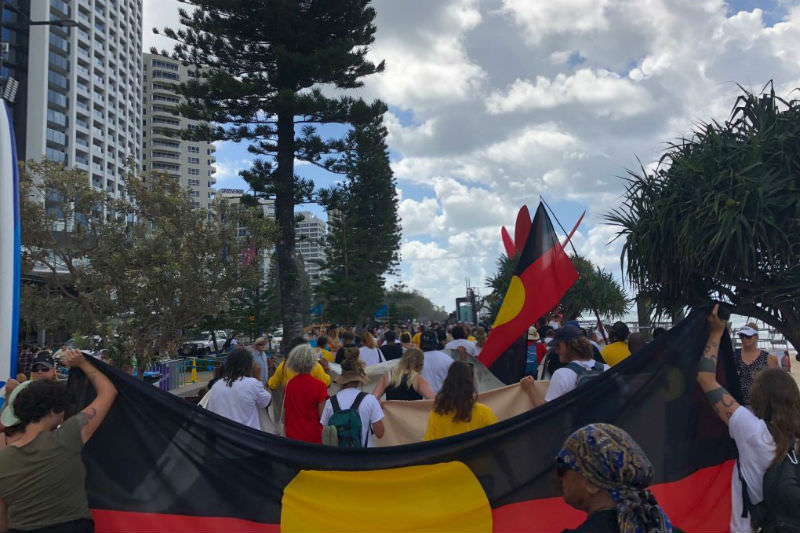
AUSTRALIA
- Celeste Liddle
- 18 April 2018
8 Comments
If the powers that be are not keen on protests while Australia is on the international stage, the answer is simple: stop demonising Indigenous people and using our children as cannon fodder. You're not listening if you continue showcasing us on your terms while dismissing our political voice, denying our presence and erasing our history.
READ MORE 
-
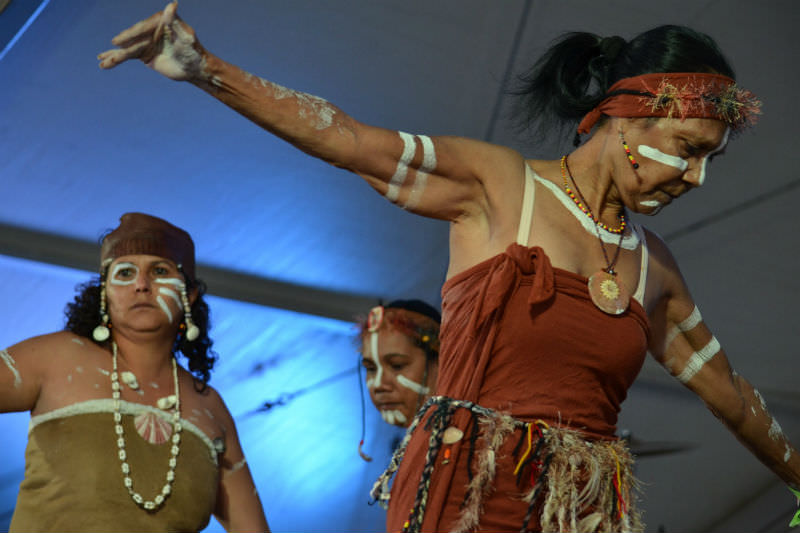
AUSTRALIA
- Celeste Liddle
- 06 March 2018
11 Comments
The sole purpose of bringing up Aboriginal women who are victims of abuse in political discussions is often to further oppress our populations. It's certainly not to give those women a voice, empower them to build solutions and ensure that these solutions are funded adequately.
READ MORE 
-
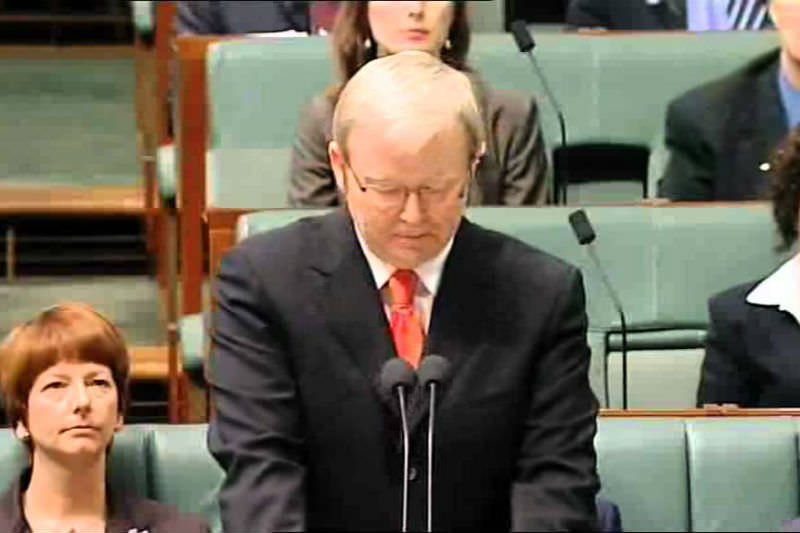
AUSTRALIA
- Frank Brennan
- 13 February 2018
3 Comments
Today we celebrate the tenth anniversary of what was a graced day in our nation's history. Back then, our elected representatives on both sides served us well. A heartfelt apology was given and received. We are all the better for it.
READ MORE 
-
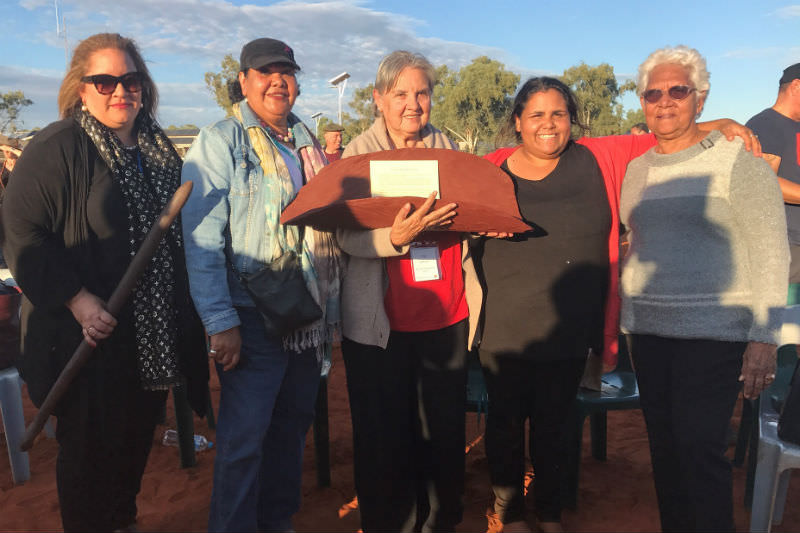
AUSTRALIA
- Anastasia Moore
- 02 November 2017
8 Comments
Why go to the trouble of gathering all the great minds to discuss the issue of recognition, giving hope to a great many people, only to determine the idea 'too ambitious'? What right does Turnbull have to predetermine what Australians will or won't accept? This question could be put to Australians in a referendum.
READ MORE 
-

RELIGION
- Frank Brennan
- 15 May 2017
The reconciliation of this vertical relationship is possible only through the mediation of Jesus who embodies, lives and dies the reality of this reconciliation. He puts us right with our God and thereby establishes the basis for right relationship with each other. In many countries such as Australia, Timor Leste and South Africa, the public rhetoric and programs for reconciliation have, at least in part, been informed and underpinned by this theological perspective.
READ MORE
-

AUSTRALIA
- Julie Edwards
- 10 May 2017
5 Comments
'Labor-lite' or not, there are many investments contained in the budget which will work towards a more just society, including the securing of funding for the National Disability Insurance Scheme by raising the Medicare levy, and the needs-based approach to school funding, dubbed 'Gonski 2.0'. But among these commitments that seek to create a more equitable Australia, this budget again seeks to vilify welfare recipients, among the most vulnerable members of our community.
READ MORE 
-
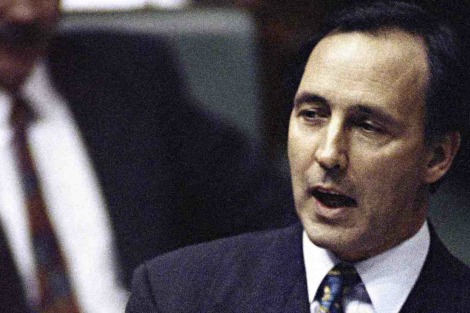
RELIGION
- Frank Brennan
- 14 March 2017
24 Comments
The debate over section 18C of the Racial Discrimination Act (18C) has gone on for far too long. It's time to bring it to a close. To date, I have been silent in the present debate, in part because I was a critic of such legal provisions when they were first proposed in 1992 and again in 1994. I have since been convinced that a provision like 18C could be designed to target racial vilification, leaving offensive insults beyond the reach of the law in a robust democracy committed to freedom of speech.
READ MORE 
-
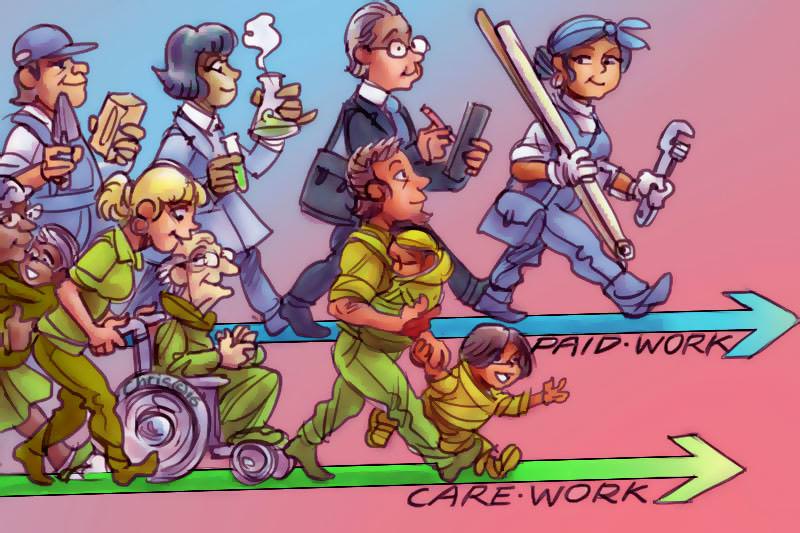
AUSTRALIA
- Kate Galloway
- 25 November 2016
2 Comments
Civil society requires care work. All of us, at various stages of our lives, will be dependent on others for our daily needs. Most of us will likewise care for others at some point. The challenge is how to allocate caring responsibilities throughout society, while allowing also for the paid work that secures economic independence. At the moment the tacit expectation that women will do unpaid care work - and that men (theoretically) are unburdened by care work - contributes to economic inequality.
READ MORE
-

AUSTRALIA
- Fatima Measham
- 16 October 2016
12 Comments
Much has been made about how Republicans benefited from the 'birther' campaign and the Tea Party. It suited them to have proxies undermine the executive branch. In other words, the political right only has itself to blame for the nihilism which now engulfs it - and potentially, the nation. But the failures of the left also bear examination. While Clinton's current lead cannot be attributed entirely to her virtues, the polling gap between her and Trump should have been much wider, earlier.
READ MORE 
-
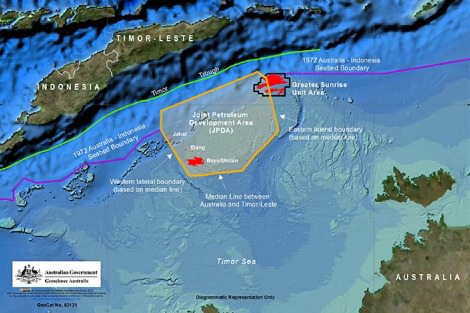
INTERNATIONAL
- Paul Cleary
- 01 September 2016
2 Comments
As Australia and East Timor met overnight at the Permanent Court of Arbitration in The Hague, the Britain-Norway settlement of the 1960s provides an instructive case study of how to resolve the dispute over oil and gas fields in the Timor Sea. Norway had feared its big neighbour would exploit a deep trench near its coastline and push the boundary beyond halfway. Instead, the Norwegian negotiators were stunned when Britain offered the median line as the starting point for negotiations.
READ MORE 
-
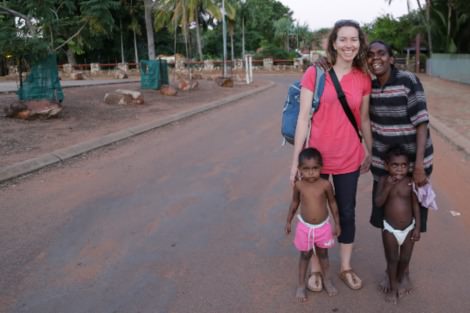
AUSTRALIA
Doreen, a women's leader from the community in Kalumburu, said, 'it is our dream for us women to get up and make the community stronger'. Such determination ought to be facilitated. What this means is making avenues where Indigenous culture and cultural life are at the centre of the conversation to effect change. Instead of adopting a 'helping' attitude, there needs to be a shift towards facilitating self-agency as an economically rational approach when it comes to Indigenous Australians.
READ MORE 
-
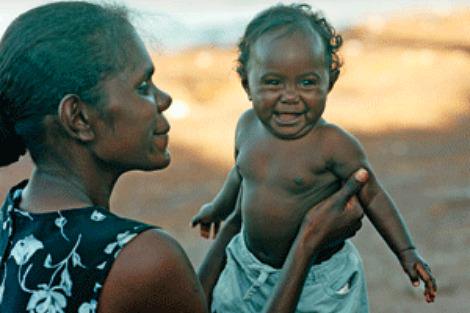
AUSTRALIA
- Myrna Tonkinson
- 16 February 2016
3 Comments
Last week, Malcolm Turnbull presented the eighth annual Prime Minister's Report on the government's Close the Gap campaign. The Close the Gap Campaign steering committee also released its 2016 progress and priorities report. While the reports identify modest gains, overall the gaps remain wide the words 'target not met' recur throughout. The results are disheartening but should strengthen the resolve of all concerned to set realistic goals, with consultation at local levels.
READ MORE 